On February 17, speaking at the China-Southeast Asia 2025 Conference organized by SCMP in Kuala Lumpur, Malaysian Prime Minister Anwar Ibrahim affirmed his support for a rules-based multilateral system.
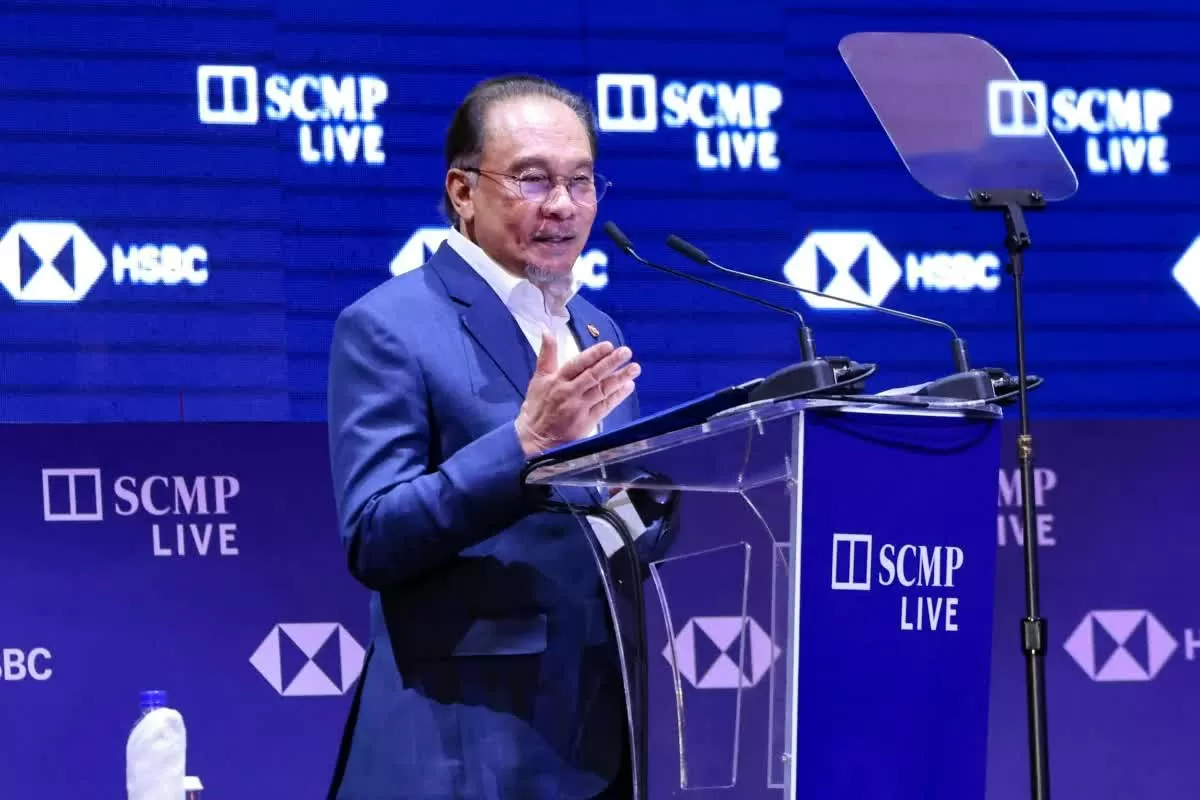 |
| Malaysian Prime Minister Anwar Ibrahim speaks at the China-Southeast Asia 2025 Conference on February 17 in Kuala Lumpur. (Source: SCMP) |
The Star newspaper quoted Prime Minister Ibrahim in his opening speech at the conference, emphasizing: "Malaysia's stance is clear - We remain non-aligned and will not be drawn into major power rivalries. We oppose economic coercion and unilateral actions that undermine regional stability."
According to him, Malaysia "supports a rules-based multilateral system that ensures fairness, transparency and representation for all, especially the countries of the Global South", and believes that ASEAN must also expand its relations globally beyond its traditional partners.
“Strengthening relations with China, the Gulf Cooperation Council (GCC), the BRICS and other emerging economies is not about choosing sides but about ensuring ASEAN’s strategic relevance in a multipolar world,” the leader said.
By diversifying its partnerships, ASEAN can enhance economic resilience, tap into new investment opportunities, and play a more active role in shaping the global governance framework...
"This is ASEAN's moment. We must act with urgency, unity and ambition to ensure a prosperous future for all. This is not a time for short-term thinking or piecemeal reforms but for bold decisions, transformational partnerships and a shared commitment to long-term prosperity," Prime Minister Ibrahim said.
For more than a decade, China has remained Malaysia's largest trading partner, with bilateral trade between the two countries peaking at US$190.24 billion (RM841 billion) in 2023.
Malaysia’s trade with China has become increasingly important amid geopolitical tensions stemming from the Trump administration’s aggressive protectionist measures, as Asian countries seek to shore up and protect their supply chains from potential shocks.
Prime Minister Anwar has previously said he plans to make supply chain integration a top agenda item for ASEAN when Malaysia takes over the bloc’s chairmanship this year. ASEAN-China trade is expected to reach nearly $1 trillion by 2023.
The next phase of ASEAN-China economic cooperation must be driven by technological cooperation, sustainable growth and human resource development, Anwar said. As ASEAN chair, Malaysia has set a goal of transforming the region into a major green and digital economic hub with its own robust supply chain.
“We must embrace and support the integration of artificial intelligence into the regional supply chain, ensuring that ASEAN remains at the forefront of the digital economy,” said the Malaysian Prime Minister.
Source: https://baoquocte.vn/thu-tuong-malaysia-chung-toi-se-khong-bi-cuon-vao-canh-tranh-giua-cac-cuong-quoc-304640.html








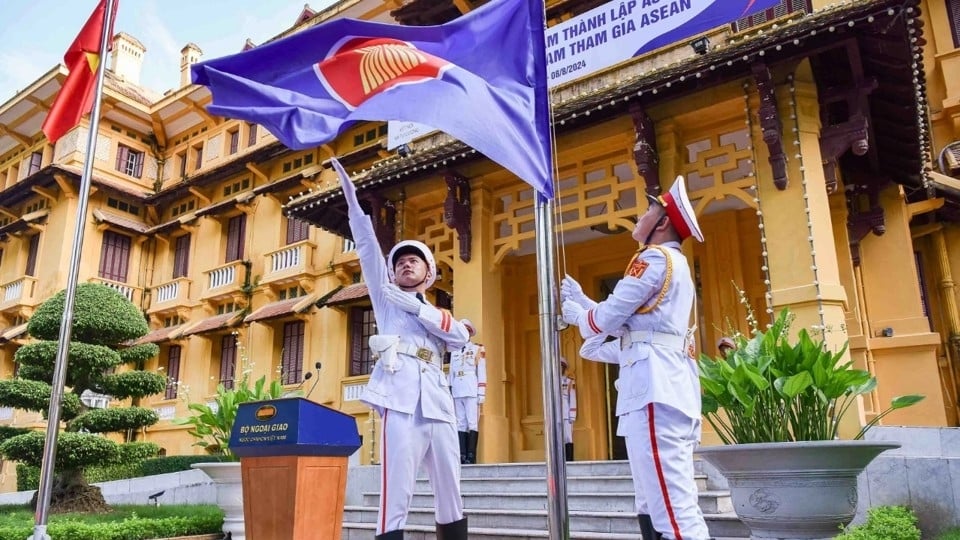
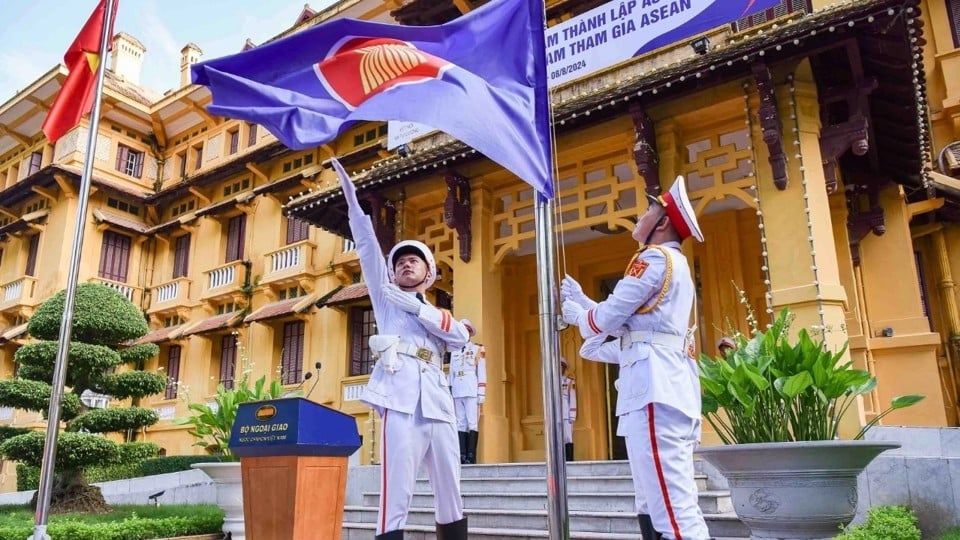
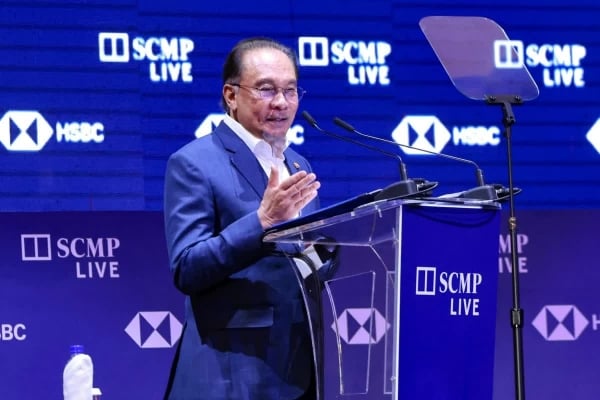
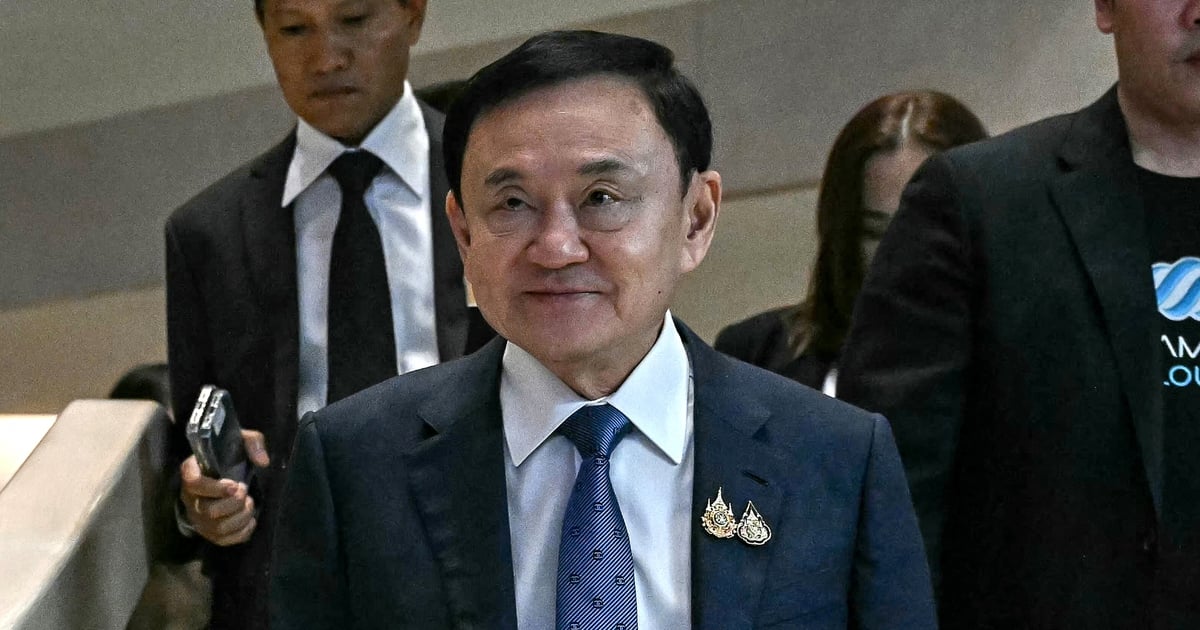

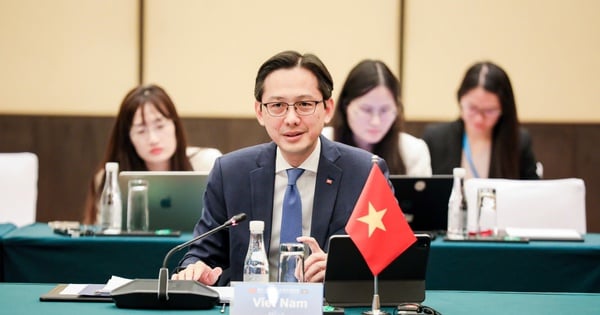




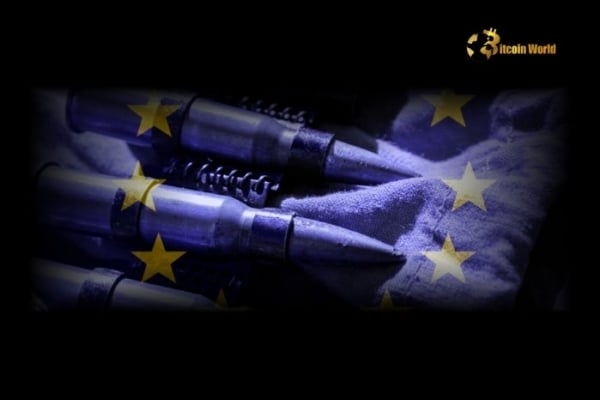
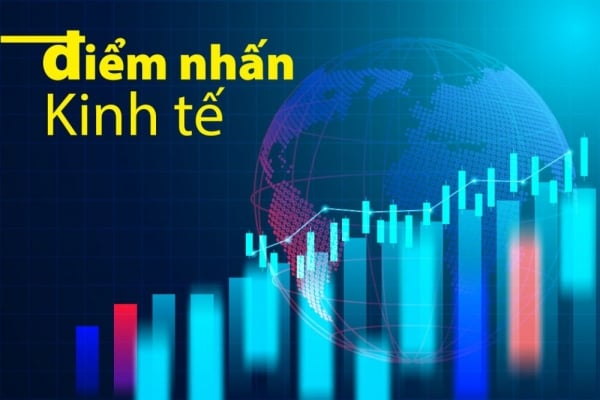
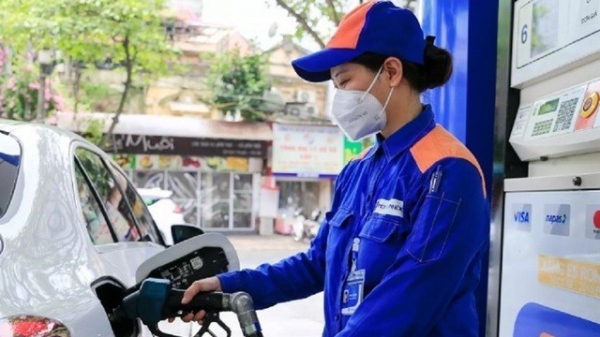

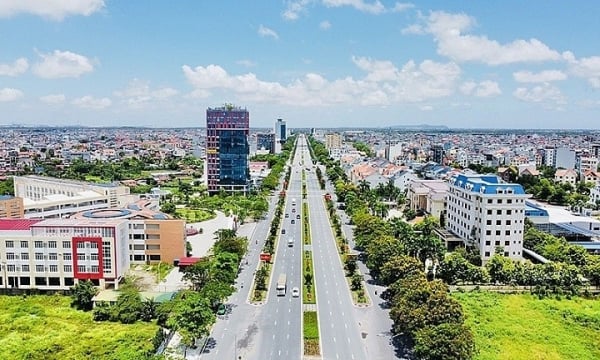
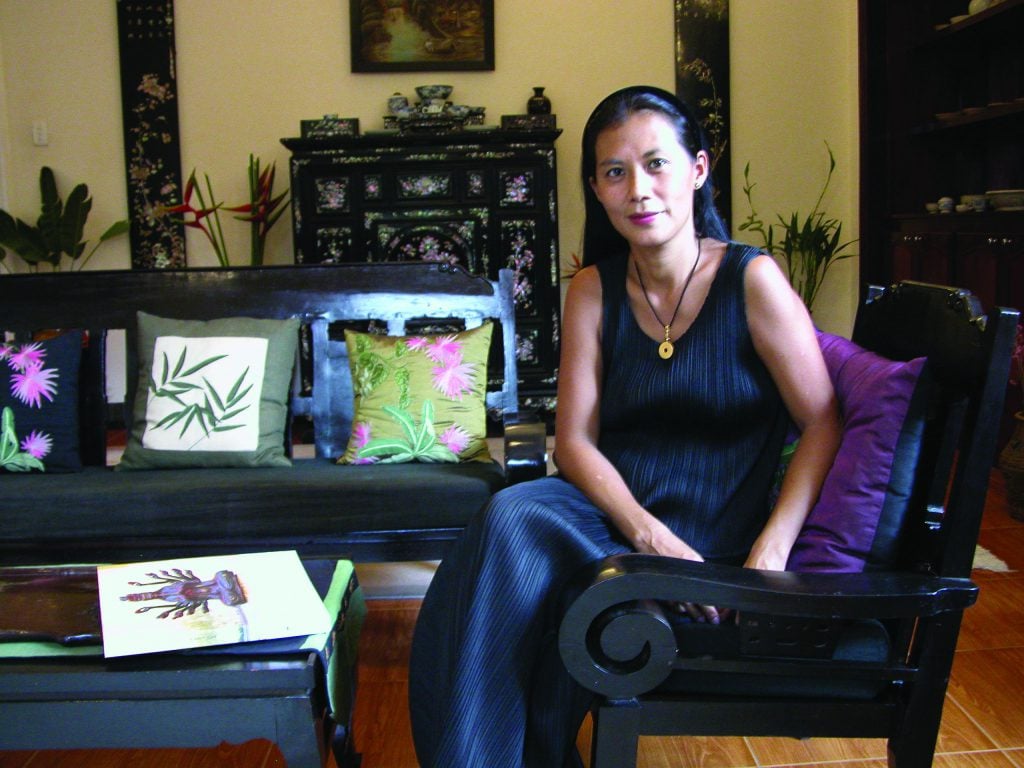



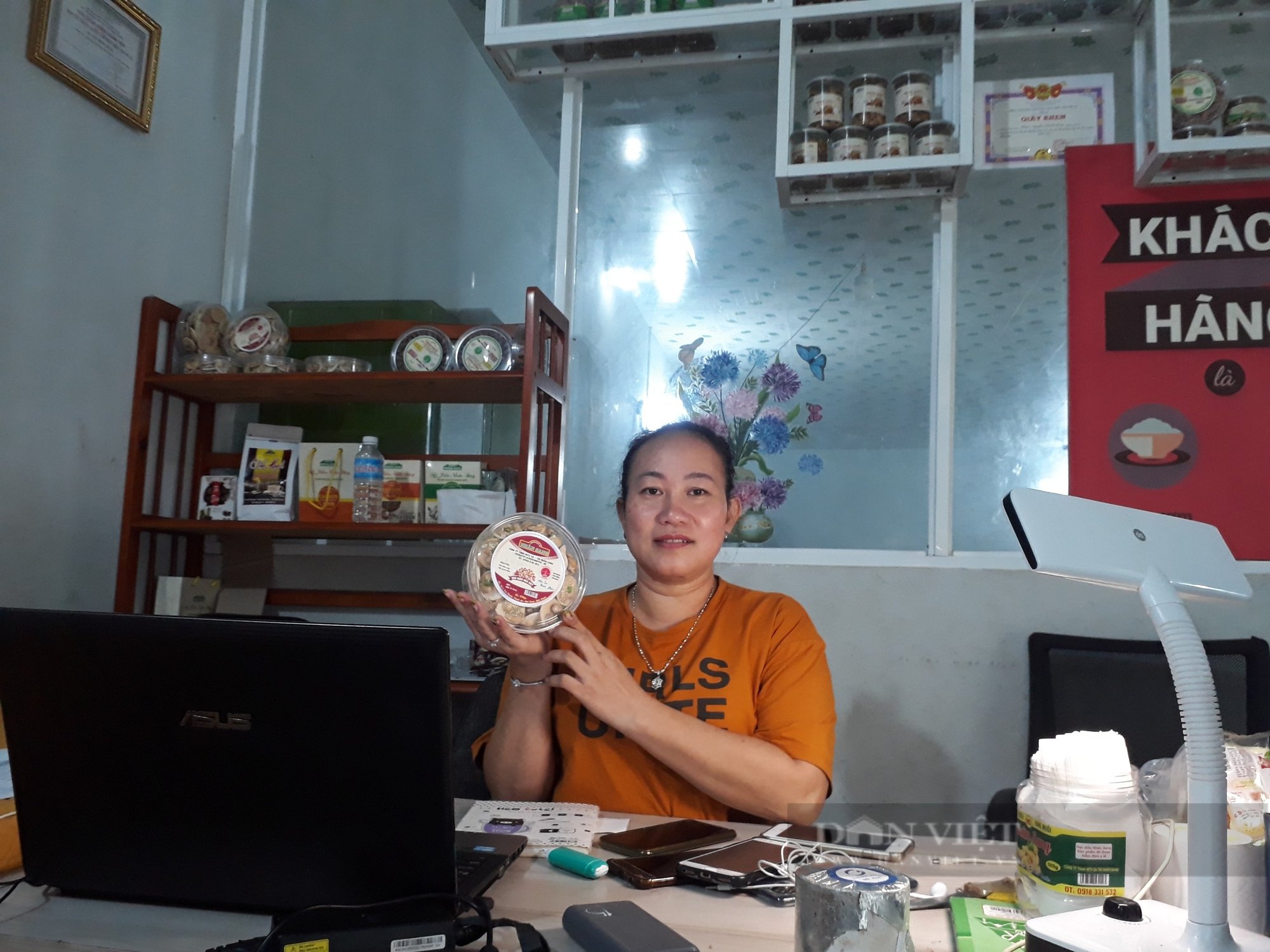

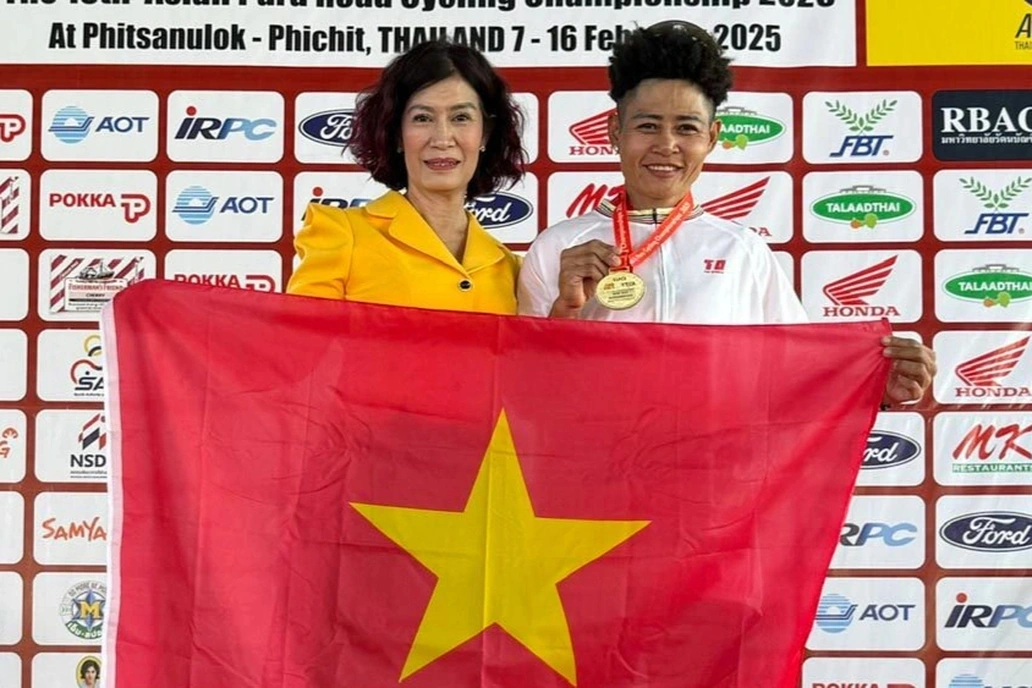
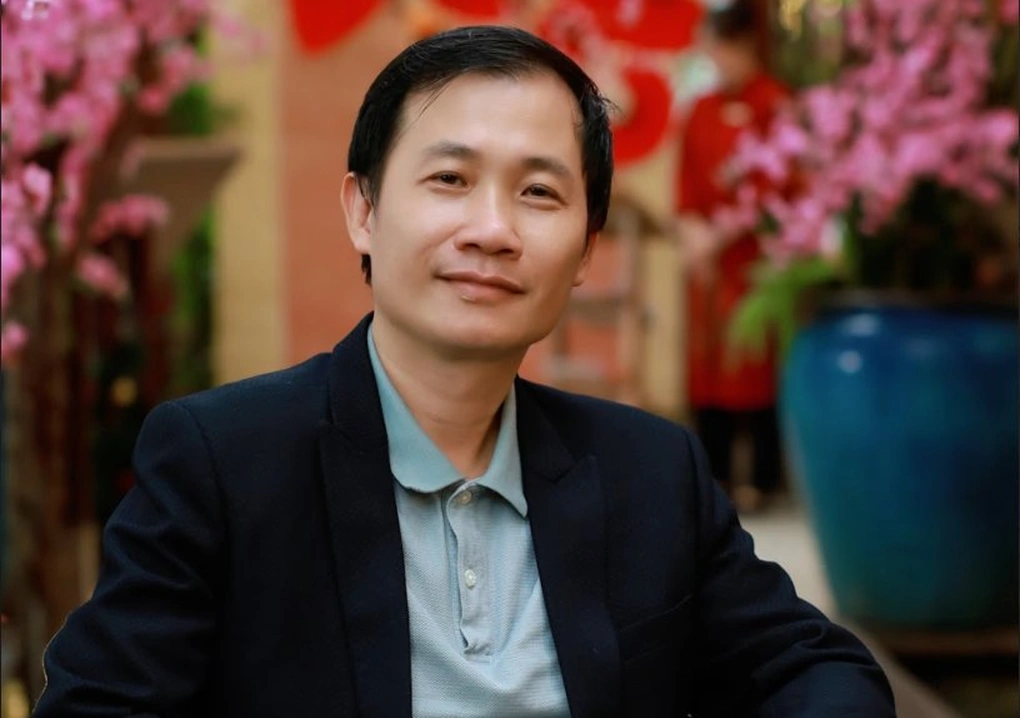

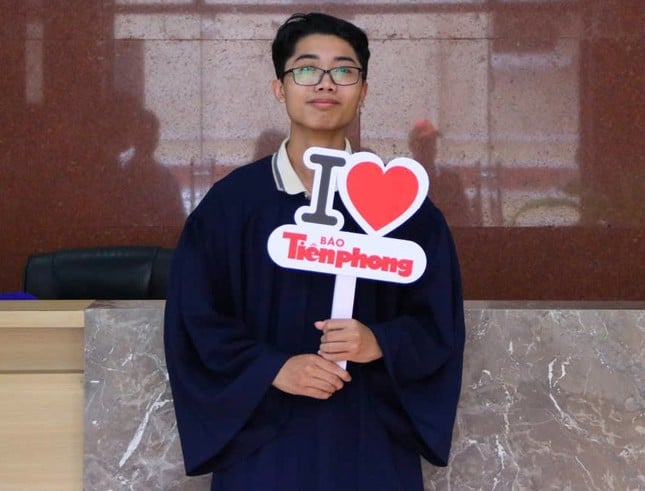


Comment (0)